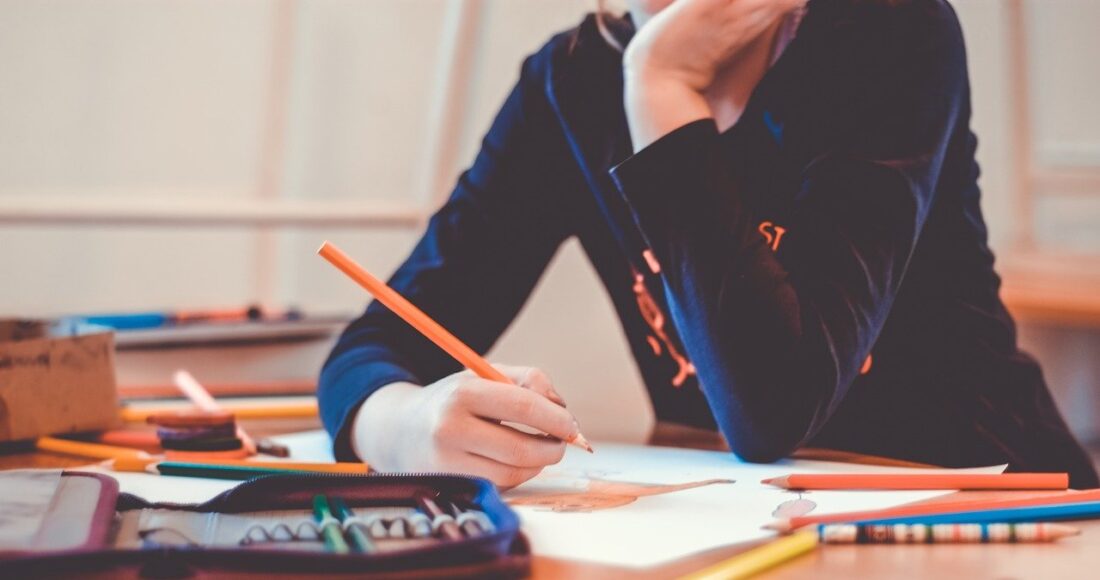When it comes to their child’s education, parents tend to place a lot of emphasis on the core academic subjects, like English, maths and science, often neglecting less traditional subjects, like drama, music and art. However, ‘the arts’, as they are so referred, are valuable in their own way, providing a variety of benefits to young people. For instance, they help students develop a range of key transferrable skills, help build up self-esteem and allow youngsters to de-stress. In traditional classroom environments, there is often a right or wrong answer, whereas the arts are less restricted and allow students to express themselves as they feel is appropriate. Here is some more information from a private school in Hertfordshire on the benefits of the arts.
Dram
In drama classes, children are encouraged to perform coherently in front of their peers, supporting their communication skills and confidence. The plays explore in drama lessons may also complement the English Literature curriculum, supporting their progress in both subjects.
What’s more, when working on a production together, students must learn how to work as part of a team and support one another, which is an important skill often required in adulthood. Through drama productions, students are also given the opportunity to find passions elsewhere, that may even lead to a potential career. For instance, they may be interested in stage or costume design, script writing, music, or lighting.
Art
Art and crafts allow children to develop their fine motor skills and hand-eye co-ordination, as they handle various tools like pencils, paint brushes, and scissors. It’s important for younger children in particular to use and strengthen the smaller muscles in their hands and fingers so that they can eventually tie their shoelaces, handle their cutlery and button up their clothes, amongst other everyday activities.
Furthermore, since art is a very sensory activity, its great for engaging kinaesthetic learners who may not thrive in traditional classroom settings. As mentioned previously, art also gives children the opportunity to express themselves in a flexible, fun, and relaxed environment. It’s important for youngsters to find creative ways to portray their identities, so that they don’t bottle up their emotions.
Music
Research has found that playing musical instruments, and listening to music in general, helps support brain function and improves memory and concentration. What’s more, it stimulates the part of the brain that deals with emotional development, as well as reading and numbers. Learning an instrument involves patience and persistence and teaches children the importance of not giving up if it becomes challenging.
If your child joins a band or a choir, they will have the opportunity to socialise and bond with likeminded people, promoting positive peer interaction and helping to develop communication skills.
The skills developed through these subjects and the opportunity to explore some new hobbies and interests is fantastic for helping young people with their self-esteem. As a result, they may improve in other areas of their life, as they’ll be more confident in taking risks and may be more forthcoming when engaging in classroom discussions. With this in mind, it’s important not to disregard the arts when it comes to your child’s education, as a holistic learning journey will help them grow up to be successful, well-rounded adults. Exploring various subjects from a young age will also allow your child to make a more informed decision when it comes to choosing their GCSEs and A Level courses.









